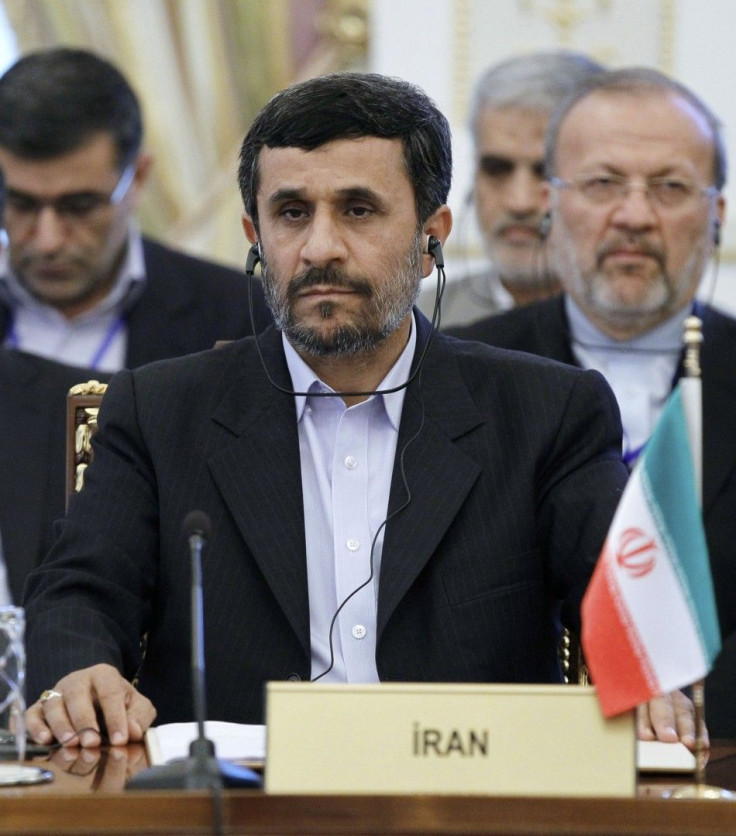Iran Won't Start War Against U.S.: Intelligence Report

In a Senate Armed Services Committee hearing about the existing hostilities between the U.S. and Iran, American intelligence officials said it is unlikely that Iran will start military action against the U.S.
However, if the U.S. decides to launch military action, Iran will not hesitate and the consequences can be catastrophic, Defense Intelligence Agency Director Lieutenant General Ronald Burgess has said.
Iran today has the technical, scientific and industrial capability to eventually produce nuclear weapons. While international pressure against Iran has increased, including through sanctions, we assess that Tehran is not close to agreeing to abandon its nuclear program, Burgess said.
Already a target of a series of U.N. sanctions resolutions and numerous unilateral penalties from several nations over the undercover nuclear warheads program, Iran's relationship with the U.S. and its ally Israel has grown particularly hostile.
Iran's President Mahmoud Ahmadinejad has been stubbornly refuting the claims of his country's clandestine nuclear weapons program, even after the International Atomic Energy Agency's last November report stating otherwise.
Intelligence officials said that Iran was unlikely to terminate their nukes program, and a U.S. and Israel attempt to terminate the program with military action could lead to a disaster.
Iran can close the Strait of Hormuz at least temporarily, and may launch missiles against United States forces and our allies in the region if it is attacked, Burgess explained.
Iran could also attempt to employ terrorist surrogates worldwide. However, the agency assesses Iran is unlikely to initiate or intentionally provoke a conflict. Iranian ballistic missiles in development could range across the region and Central Europe, Burgess said.
When asked about Israel's plans to launch an attack on Iran, Burgess said, Israel has not decided to attack Iran, to the best of our knowledge.
Secretary of Defense Leon Panetta had recently said that it would probably take Iran about a year to be able to produce a bomb and then possibly another one or two years in order to put it on a deliverable vehicle of some sort in order to deliver that weapon.
James Clapper, Director of national intelligence, while agreeing to Panetta's views, said that it's more likely that Iran would take longer to deliver a nuclear weapon ready to be put to use.
The simmering tension between Iran and Israel has been a matter of concern for the Obama administration for quite a while. A group of 32 senators, including Republicans and Democrats, passed a resolution on Thursday, effectively calling on the President to begin a war with Iran.
The resolution strongly supports U.S. policy to prevent the Iranian government from acquiring a nuclear weapons capability and rejects any policy that would rely on efforts to 'contain' a nuclear weapons capable Iran, and urges the president to reaffirm the unacceptability of an Iran with nuclear-weapons capability and oppose any policy that would rely on containment as an option in response to the Iranian nuclear threat.
Republican Senator Lindsey Graham -- asserting the bipartisan support for Obama on matters concerning Iran's nuclear weapons program -- said in a press briefing on the same day on Capitol Hill, We agree with you and we have your back Mr. President. President Obama is absolutely right that it is absolutely unacceptable for the Iranian theocracy to obtain nuclear capability.
© Copyright IBTimes 2025. All rights reserved.






















